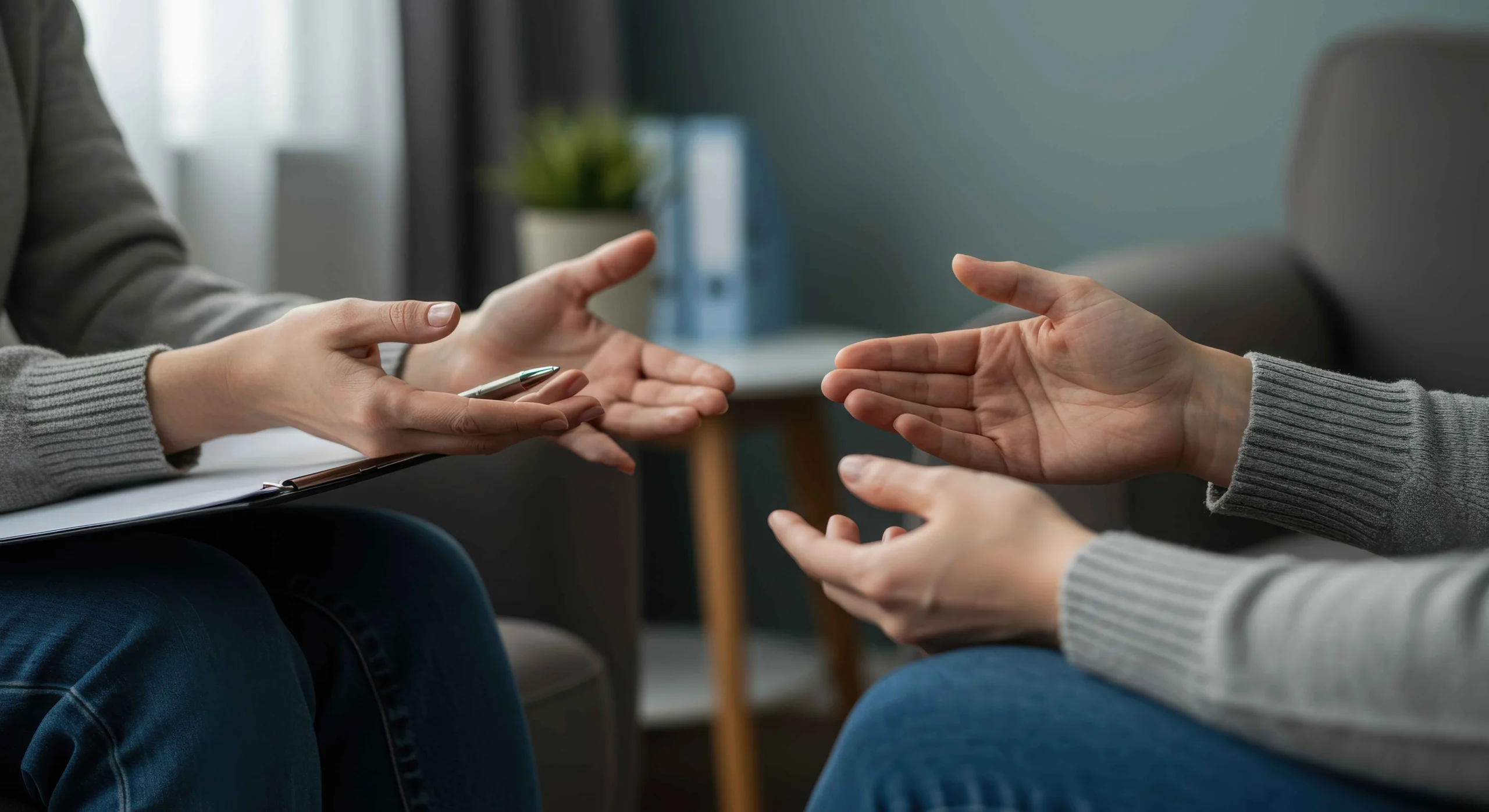Frequently Asked Questions
We understand that starting therapy may come with many questions. Here are some common queries to help you feel more informed and comfortable about the process.
At Psychology Blossom, our experienced therapists provide a safe, confidential space for self-exploration, healing, and personal growth. Using evidence-based techniques, we help individuals navigate anxiety, stress, trauma, and self-esteem challenges. With flexible scheduling and a personalized approach, we empower you to build resilience and embrace a healthier, happier life.
The counseling process at Psychology Blossom begins with an open conversation to understand your concerns and goals. Through guided sessions and evidence-based techniques, our therapists help you navigate challenges, build resilience, and foster personal growth. As therapy progresses, we adjust the approach to ensure meaningful, lasting change.
Individual therapy at Psychology Blossom can help you in various areas, including managing anxiety, stress, and depression, improving self-esteem and confidence, healing from past trauma, enhancing relationships, and developing healthier coping strategies. It also supports personal growth, decision-making, and emotional resilience, empowering you to lead a more balanced and fulfilling life.
Individual therapy at Psychology Blossom offers numerous benefits, including improved emotional well-being, better stress and anxiety management, and enhanced self-awareness. It helps you develop healthier coping strategies, build resilience, and improve relationships by fostering better communication and emotional regulation. Therapy also supports personal growth, boosts self-confidence, and empowers you to navigate life’s challenges with clarity and strength.
Individual therapy may be right for you if you're feeling overwhelmed by stress, anxiety, or emotions that are hard to manage alone. If you're struggling with past trauma, low self-esteem, relationship challenges, or life transitions, therapy can provide guidance and support. Whether you need help processing emotions, developing coping strategies, or gaining clarity in life, a therapist can empower you to navigate challenges and grow in a safe, judgment-free space.
The number of individual therapy sessions you need depends on your personal goals, the challenges you're facing, and how you progress through therapy. Some people find relief in just a few sessions, while others benefit from ongoing support over several months. Your therapist will work with you to create a tailored plan and adjust the approach as needed to ensure meaningful, lasting progress.








